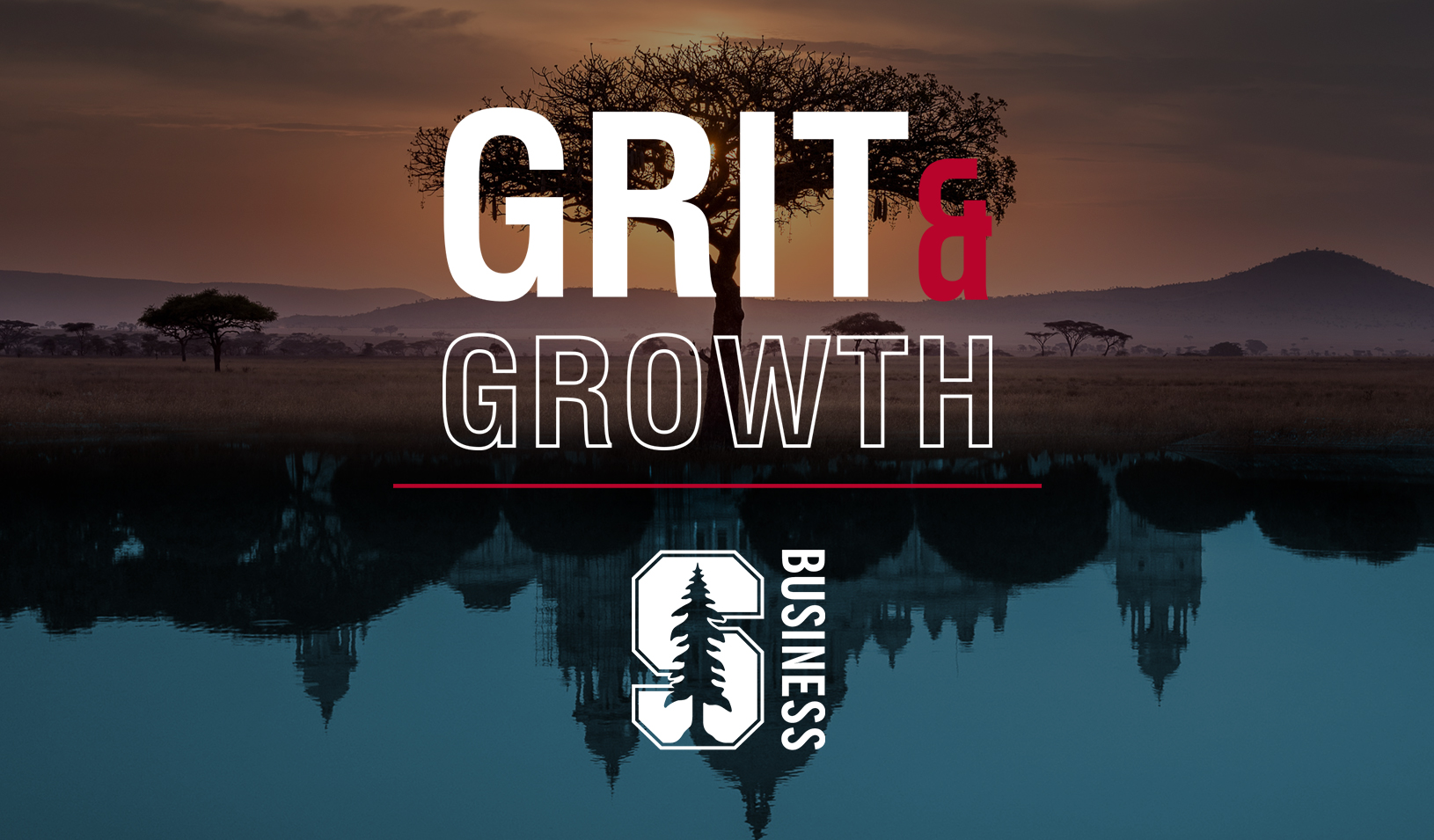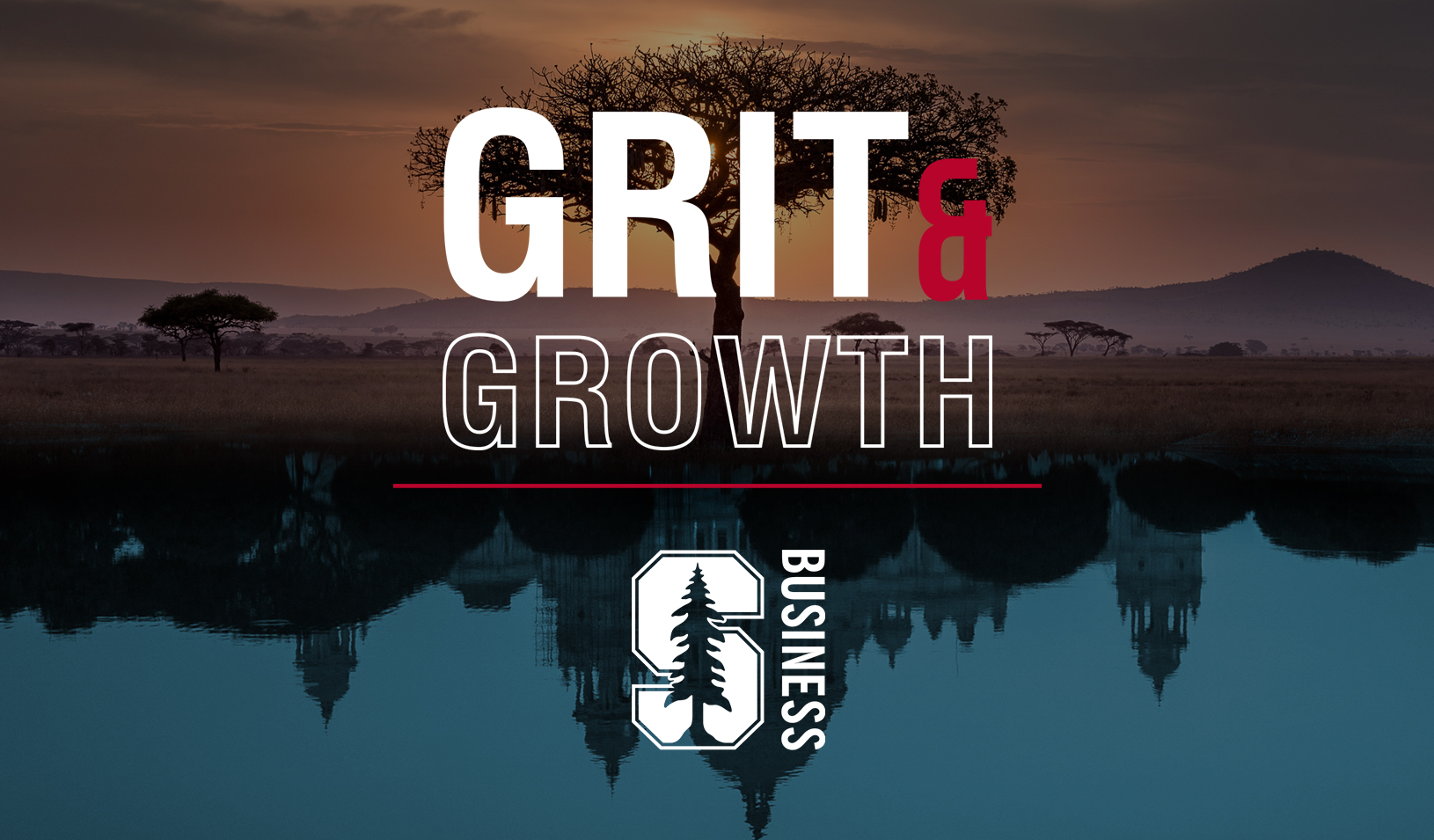
When Econet launched in 1993, 75% of Zimbabweans had never heard a phone ring; today, 75% of African consumers own phones. | Reuters/Philimon Bulawayo
Years ago, trying to convince consumers in Zimbabwe to sign up for his company’s mobile payments service, entrepreneur Strive Masiyiwa was ready to do battle, literally. The founder and executive chairman of privately held telecommunications firm Econet hired actors to stage a street fight, with one accusing the other of stealing his money. Eventually, the actors revealed the marketing message to the crowd of onlookers: Mobile money is safe, “because it’s in my phone.”
During a recent appearance at Stanford Graduate School of Business, Masiyiwa recalled that the mock street fight was aimed at potential customers who didn’t have bank accounts. “We had to persuade them that they could give us their money,” said Masiyiwa, likening the task to enticing people unfamiliar with cola to try a strange new dark-colored beverage. During his November talk at Stanford GSB, presented by the Africa Business Club and the Center for Entrepreneurial Studies, Masiyiwa reflected on the challenges of building a multifaceted telecommunications company in Africa.
Masiyiwa recalled another marketing campaign in which he hired university students to ride city buses and strike up conversations about mobile money with unsuspecting riders. When the students started talking about sending money to their cousins on the other side of town, everyone on the bus would listen in. “We had a calculation that said we needed them to talk to one and a half million people to get to our tipping point,” Masiyiwa said. “There was no other marketing. That was it. Those guys on the buses, talking.”
Public Enemy Number One
But those successful marketing campaigns would not have occurred if Masiyiwa hadn’t fought an earlier battle to be in the phone business at all. When he started Econet in 1993, with plans to launch wireless service in Zimbabwe, a government-run monopoly dominated the phone sector. Market penetration of phone service was low; Masiyiwa estimated that 75% of consumers at the time had never heard a phone ring. Just getting a phone line installed could take more than a decade. “So it was literally impossible for anyone to have a telephone line,” he said. “We were just trying to respond to a need.”
When the phone company blocked Econet, Masiyiwa hired a New York telecommunications attorney to advise his local legal team, then took his case to court. The five-year legal process ended up in the Zimbabwean Constitutional Court and transformed Masiyiwa into “public enemy number one,” he recalled. Before a nine-member bench, Masiyiwa’s lawyers no longer argued about the phone monopoly. Rather, he said, “we had taken it as a matter of freedom of expression” and pointed out to the court that most of the population had never heard the sound of a ringing phone.
Ultimately, the court dismantled the phone monopoly, opening up the telecommunications sector to private competition. Now, Masiyiwa estimates that 75% of African consumers own phones. “It’s been a remarkable revolution for our industry.”
Bring Your Skills Back Home
As a lifelong entrepreneur, Masiyiwa insisted that starting a business is a better opportunity than working for a large corporation. Addressing an audience that included many students from Africa, he added that “if you have an intention to get home and work there, the sooner you go, the better,” since it’s easier to return before family obligations make relocating harder. In spite of the many challenges on the continent, “entrepreneurship is alive and well in Africa,” Masiyiwa said. “It is building the support systems to ensure that these ventures can grow and scale. I hope that as some of you get skills from here, you can take them home to be able to help others to scale.”
Budding entrepreneurs are in the position to create jobs, Masiyiwa said, and help fulfill an important social need in Africa, which has a population of 1.2 billion people with an average age of 19. “If we don’t create jobs, we end up with Boko Haram and al-Shabab,” he said, referring to militant groups. “We have to create hope.”
Entrepreneurs must also make philanthropy a top priority, Masiyiwa said. “Don’t wait until you’ve made your billion,” he said. “Why do you have to wait? As you register your company, also register your foundation. There’s no reason for you to wait.”
For media inquiries, visit the Newsroom.






